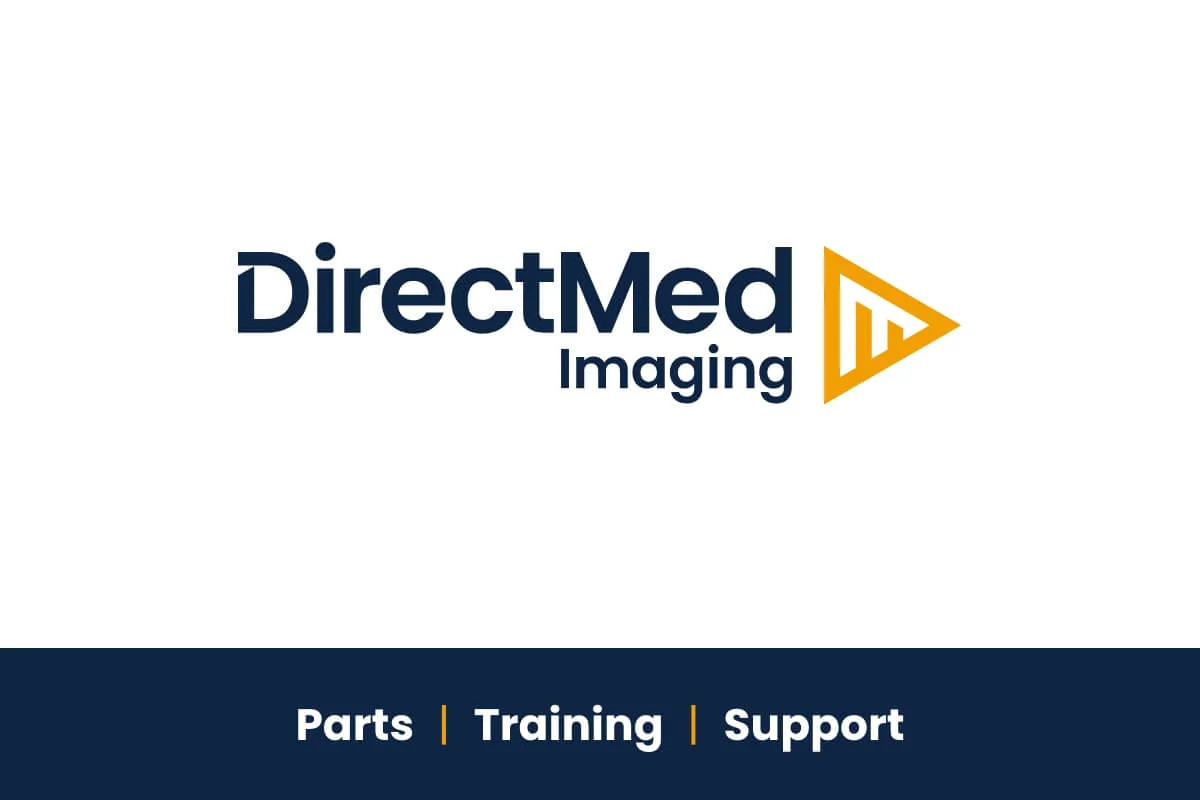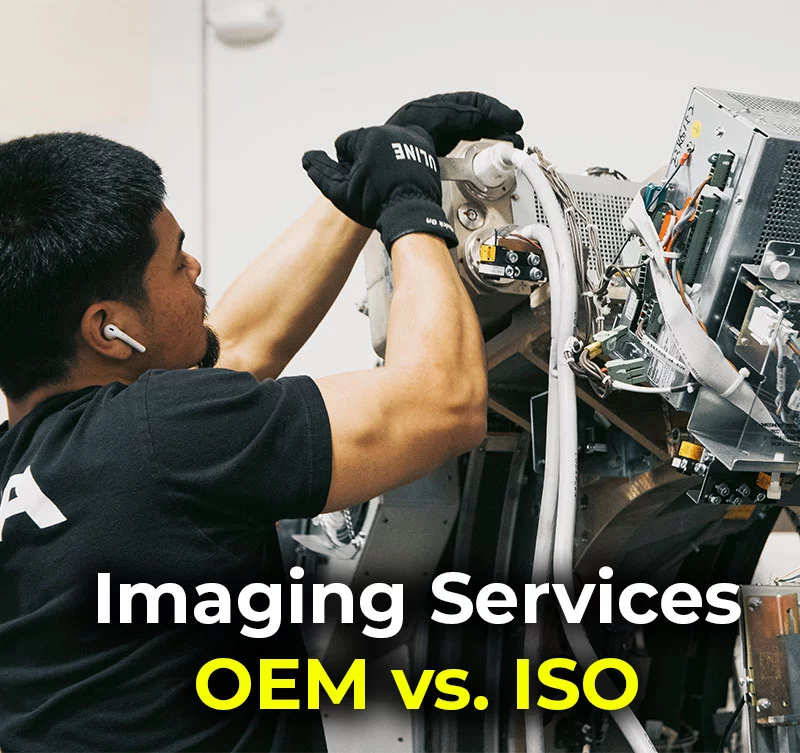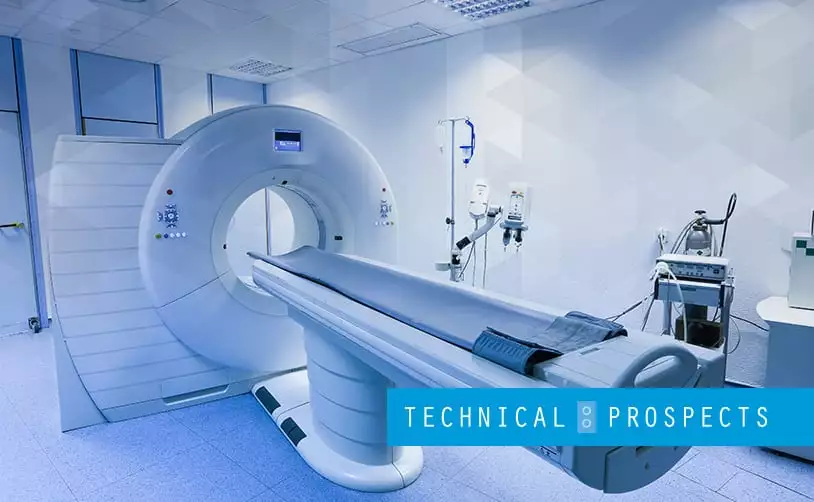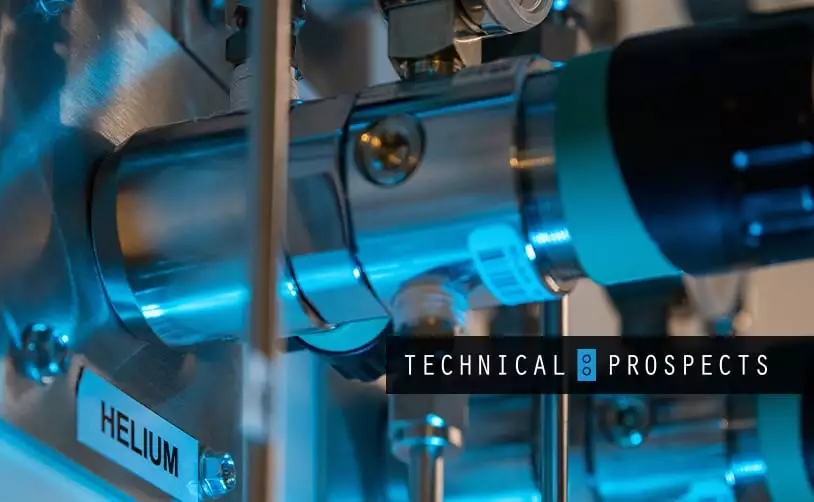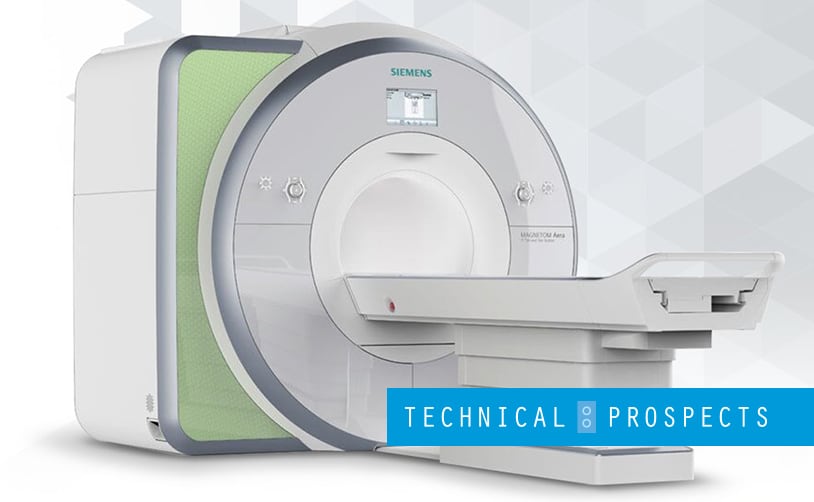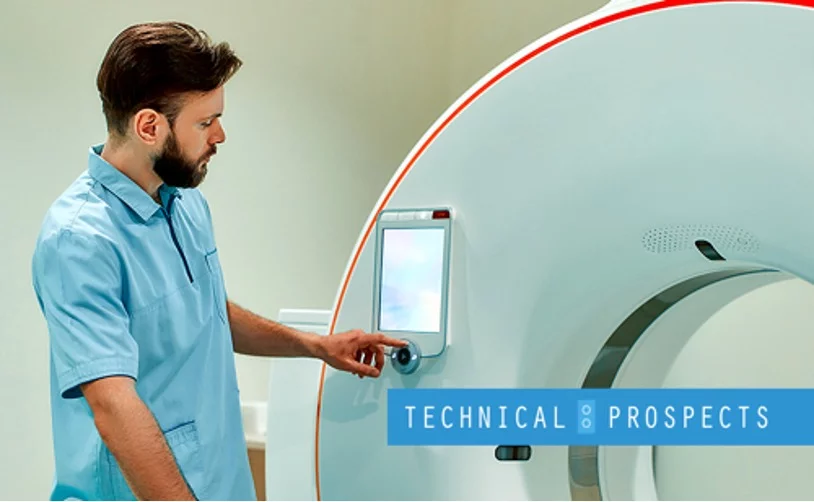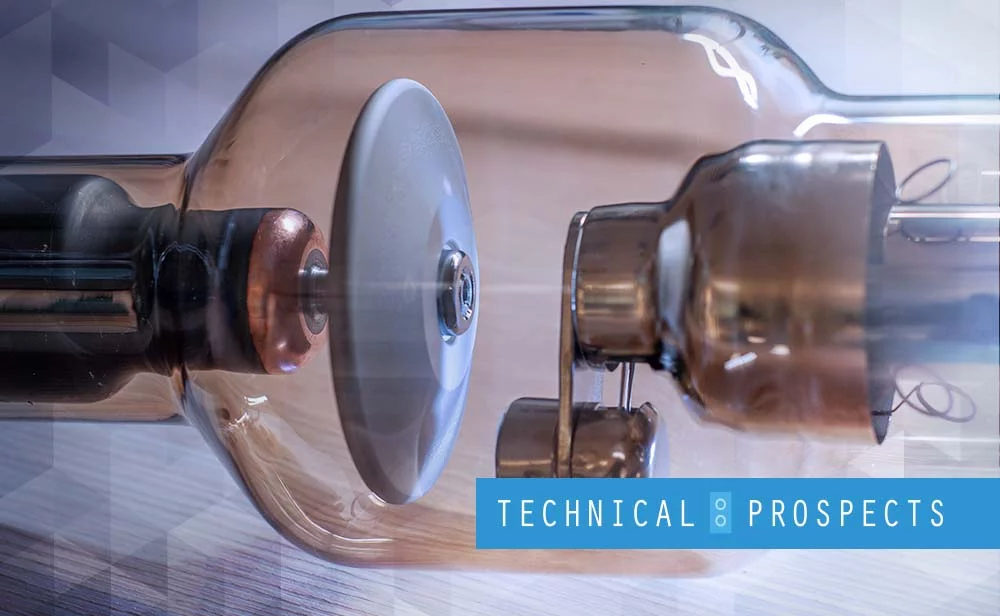In this three-part series discussing the differences of 1.5T and 3T MRI systems, we’ve tackled what the “T” stands for, special considerations to make when scanning a patient, the factors affecting image quality, and the image artifacts that may occur when using a high field MRI. Knowing these aspects is crucial for determining the best type of MRI to purchase for your facility, as they ultimately depend on the kind of patients you serve, their needs, and your desired throughput.
In the last part, we’ll be looking at a few more essential details about MRIs and imaging certain organs, and the cost of these MRIs. By considering all these, you’ll have an easier time understanding the configurations you need to provide the care your patients need within your budget. Here’s what you need to know:
Specific Absorption Rate
The Specific Absorption Rate or SAR is the rate of energy that a volume of tissue absorbs when radiofrequency energy is infused into the body during an MRI scan. SAR occurs in all MRI scanners, but it increases along with magnet strength. For this reason, SAR isn’t a concern on a 1.5T scanner, although it may pose problems on a 3T scanner due to the higher field. The FDA has stipulated how much SAR the body can safely receive in a given timeframe, and these regulations have been built into MRI software, ensuring that the machines don’t surpass the limit. Even if the technician ignored the scan, the scanner would halt the scan until the limits are met.
It’s important to note that SAR does not have any long-term effects, as it is not an accumulated kind of energy. When a patient leaves the scanner, their SAR levels plummet to zero and gather once more only when they require an additional MRI in the future. However, SARs may cause the body to heat up, so the MR technologist will provide the patient with an emergency squeeze ball to signal if they feel too hot. Squeezing the ball will trigger an alarm, signaling the technologist to stop the scan.
Scanning Certain Organs
Certain organs, like the prostate, require much more signal to get clear diagnostic images due to their location. As the prostate is situated deep in the pelvis, it needs a higher magnetic strength, which shouldn’t be an issue unless the patient has prosthetic implants, in which case a lower field like a 1.5T scanner is ideal. Still, scanning these organs may result in image artifacts like chemical shifts, particularly if the rectum—located right behind the prostate—contains a large amount of gas. In fact, it can even result in unusable images. To avoid this, facilities provide patients with pre-scan instructions that they must follow as closely as possible.
The Cost of MRIs
The benefits of these MRIs are largely known, but one thing facilities must consider is the cost. 3T machines are much more expensive than 1.5T machines since they have higher field strengths. Facilities must weigh if the higher throughput—especially when in a high-volume facility—is worth the cost. However, increasing throughput can go only so far before it affects patient comfort and image quality, which is another factor to keep in mind.
Additionally, there are more readily available MRI parts for 1.5T machines than 3T machines. Maintaining, repairing, and replacing 3T machines are also much more expensive. Still, if your facility must offer very detailed imaging, a 3T machine will be worth the cost. Otherwise, a 1.5T machine often does a good job.
Conclusion
Ultimately, what determines the best scanner lies in what you need, the patients you serve, and your budget. These two types of scanners are exceptional performers and are widely used in various medical settings, so it boils down to what you want out of it. By using our three-part guide, you’ll determine the best MRI scanner for you.
DirectMed Parts is the leading supplier of medical imaging parts and services. We specialize in providing and servicing CT and MRI parts and coils, making us the go-to resource for all things related to medical imaging. Contact us today to learn more about what we can do for you!
